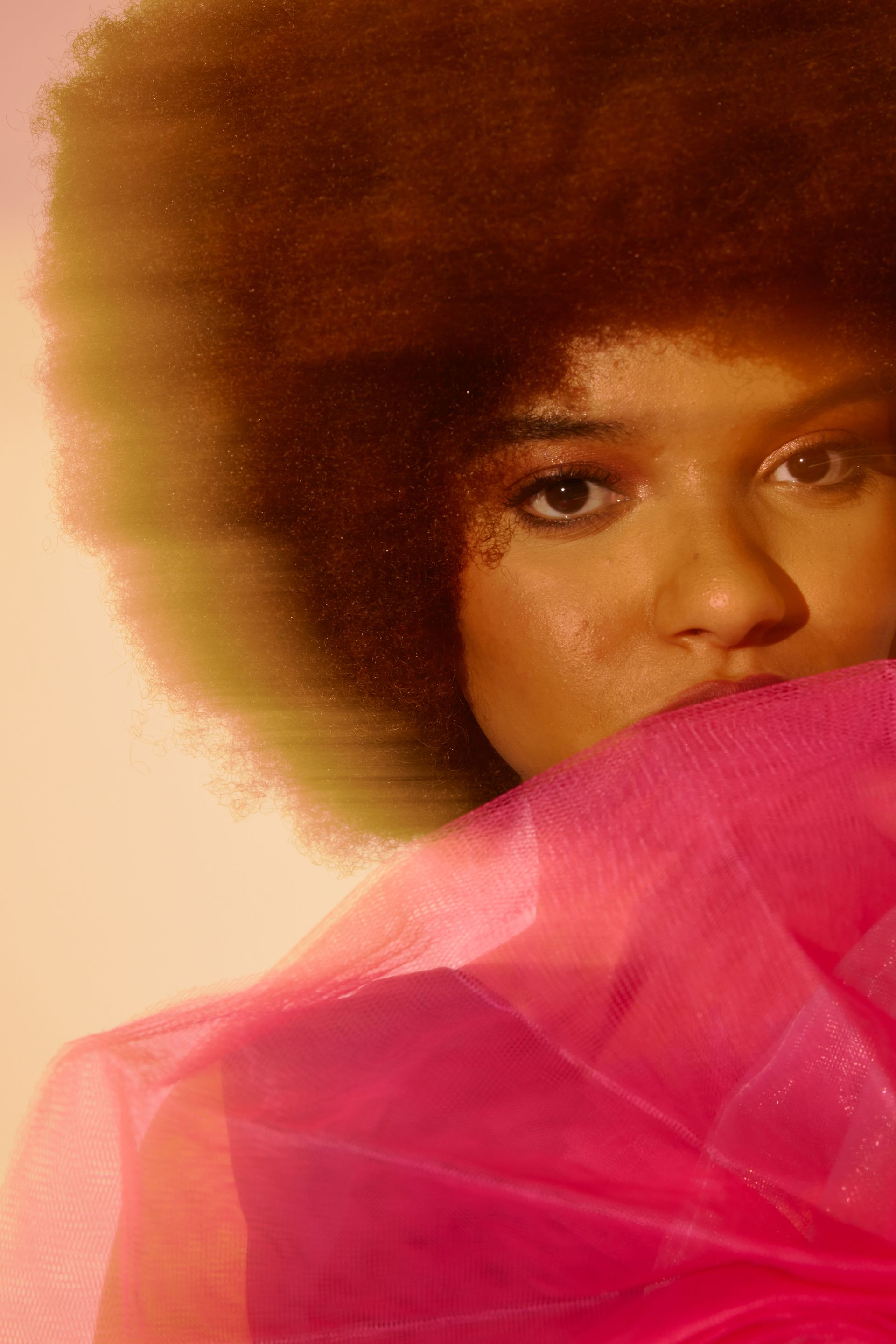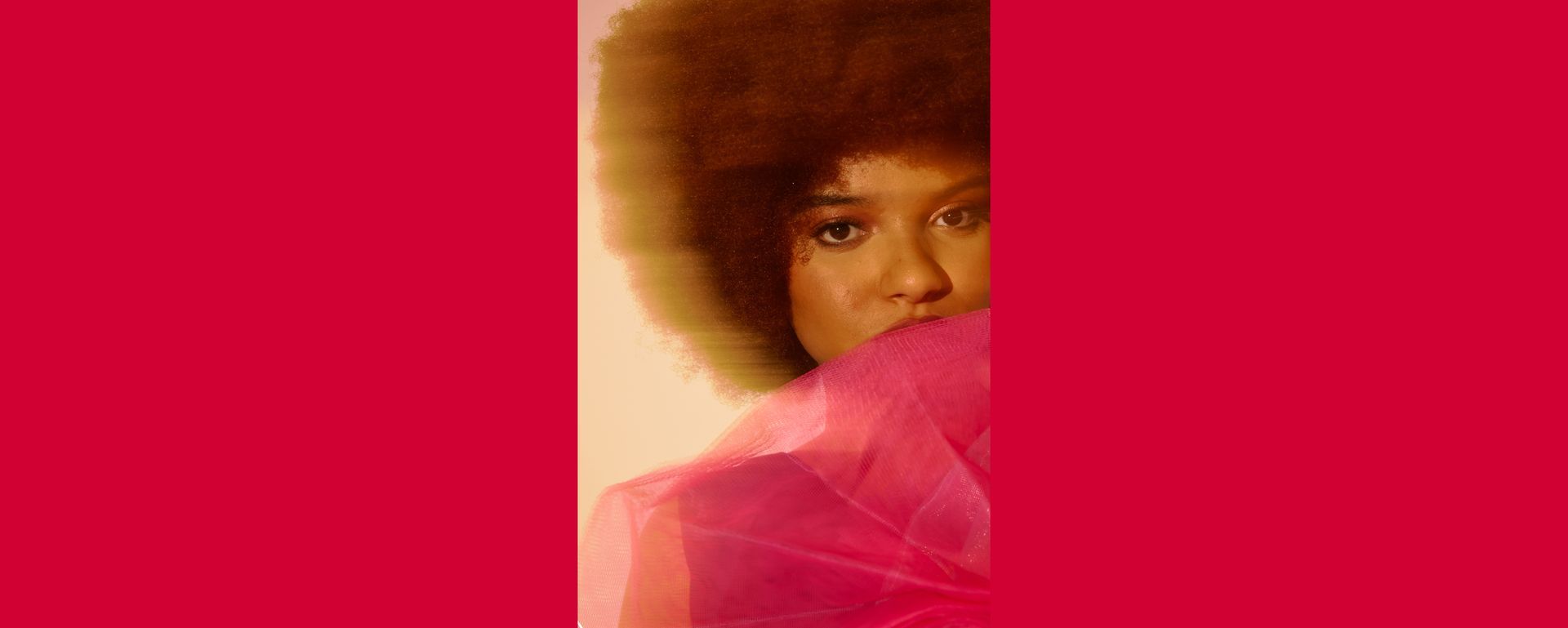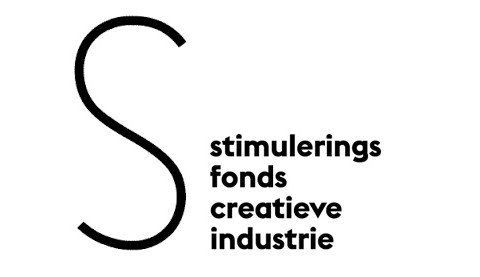Agenda
Zoek in ons archief op
naam, trefwoord of datum:
Fashion in Flux Introspective
Discriminatie en institutioneel racisme
Dinsdag 28 nov. 2023, @Rotterdam
// Scroll down for english //
Discriminatie en (institutioneel) racisme woekeren in alle lagen van de Nederlandse
samenleving. Ook Rotterdamse modemakers krijgen ermee te maken, zo blijkt uit het
onderzoek
Mode in Rotterdam uit 2022. Waar lopen zij tegenaan en hoe zien zij de
toekomst?
Fashion in Flux ging met acht creatieven uit de modesector in gesprek over hun
ervaringen.
A seat at the table
Het gesprek start met persoonlijke verhalen over discriminatie en racisme. Eén van de
aanwezigen vertelt dat hij als creatieveling werkzaam is voor een grote culturele organisatie. “Mijn
sollicitatiebrief was meer een commentaar op de bestaande werkwijze dan een gooi naar de
openstaande positie. De organisatie is ontzettend wit, en dat zie je ook terug in de
programmering. Ik vind dat dat niet kan als je zo’n prominente plek inneemt. Tot mijn verbazing
werd ik uitgenodigd op gesprek en kreeg ik een positie aangeboden. Er werd echt de indruk
gewekt dat ik binnen werd gehaald om iets veranderen. Dat ik een seat at the table kreeg.” Toch
bleek het in realiteit moeilijk om dat waar te maken, zo geeft de maker aan. “De beslissing over
verandering wordt uiteindelijk genomen door de directie. Ik was wel binnen, maar niet dáár
binnen. En het leek alsof het soort verandering waar ik voor sta niet echt gewenst was. Ga daar
maar eens in je eentje tegenin. Ik ben letterlijk de enige persoon van kleur in de organisatie. Mijn
collega’s zien het probleem niet, ze denken dat racisme niet over hen gaat. Er is veel
onwetendheid.”
Tokenism
De groep beaamt dat het vaak lijkt alsof creatieven van kleur worden betrokken, zodat
organisaties de ‘vakjes aan kunnen vinken’. Het wordt met veel lawaai naar buiten gebracht en ze
mogen op de foto voor publiciteitscampagnes. Maar, wordt er wel echt naar hen geluisterd? “Het
is jammer dat mensen niet lijken te snappen dat meer diversiteit in je organisatie altijd leidt tot
nieuwe ideeën,” zo geeft een van de deelnemers aan. “Natuurlijk is dat het effect, want als je altijd
hetzelfde doet, krijg je altijd hetzelfde resultaat. Bedrijven hebben er dus ook belang bij om hun
teams diverser te maken.”
“Vaak mag je wel meedoen, maar moet alles nog steeds gebeuren binnen de bestaande
voorwaarden en kaders. Er is angst om dat los te laten,” zegt een andere deelnemer. Dit kan voor
creatieven van kleur frustratie, maar ook een ongemakkelijke positie en gewetensnood opleveren.
Als je van kleur bent, sta je toch vaak 1-0 achter, zo geven een aantal deelnemers aan. Meer dan
anderen heb je die ene ingang nodig om verder te komen in je carrière. En als je binnen bent, kan
je ook anderen helpen om die toegang te krijgen. In principe is meedoen en een voortrekkersrol
nemen dus aantrekkelijk. Maar veel creatieven twijfelen toch of zij degenen zijn die de weg vrij
moeten maken voor anderen. Het voelt als een grote verantwoordelijkheid. “Zeker als je junior
bent, kan het tegen je werken als je je mond teveel open trekt, bijvoorbeeld over racistische
opmerkingen of culturele toe-eigening,” zo geeft een van de deelnemers aan. “Voor jezelf is het
makkelijker om je mond te houden, of uit projecten of bedrijven te stappen waar je aanloopt tegen
opportunisme of tokenism. Maar om verandering teweeg te brengen moet je juist wel blijven zitten
en het gesprek aangaan," zo reageert een andere deelnemer. “Het is jammer dat die
verantwoordelijkheid rust op de schouders van de personen van kleur, die vaak ook nog in de
minderheid zijn. Dat voelt echt als een last om te dragen.”
Selectief
Creatieven van kleur worden wel steeds beter in het herkennen van tokenism, zo zegt de groep.
Ze zijn selectief in aan wie ze zich verbinden en weten steeds beter te doorgronden welk belang
er voor hen schuilt in een samenwerking. Bijvoorbeeld toegang tot nieuw netwerk, meer invloed of
meer zichtbaarheid. Ook daar zit een vorm van opportunisme in, meent een van de deelnemers:
“Ik sta er steeds zakelijker in. Iemand moet het voortouw nemen in de verandering die nodig is.
Maar ik doe het wel op mijn eigen voorwaarden. Dat is het allerbelangrijkst: ik ben betrokken voor
mezelf en voor een betere stad.”
Code switching
Niet alle deelnemers kijken er hetzelfde tegenaan. “Ik ben nog jong,” zegt een van de aanwezige
creatieven. “Ik wil eerst m’n sporen verdienen en dan pas teruggeven.” Ook ziet ze haar
gemengde achtergrond als een zege. “Als ik mijn moeders achternaam had gehad in plaats van
die van mijn Nederlandse vader, was ik denk ik niet waar ik nu was. Maar ik heb geleerd om een
kameleon te zijn: ik kan makkelijk switchen tussen twee culturen en heb een goed
aanpassingsvermogen ontwikkeld. Ik zie dat als een skill die anderen niet hebben.” Andere
aanwezigen zien deze vorm van code switching juist als problematisch. “Waarom moet je je
manier van doen en praten in bepaalde situaties veranderen om geaccepteerd te worden? Ik wil
gewoon mezelf zijn. Waarom moet ik me aanpassen en hoeven anderen dat niet? Het openbreken
hiervan is juist wat er moet gebeuren,” aldus een andere deelnemer.
Samen
Hoe kom je vooruit, maar kun je toch jezelf blijven? Hoe houd je je staande in ingewikkelde
situaties? “Ik denk dat het belangrijk is om te durven voelen wat je voelt,” zegt een van de
aanwezigen. “Als er iets gebeurt probeer ik altijd eerst af te koelen, en niet teveel vanuit emotie te
reageren. Maar het is wel belangrijk om je te realiseren dat jouw gevoel er mag zijn en dat je je
erover uit mag spreken.” De aanwezigen zijn het erover eens dat dat makkelijker is als je niet
alleen staat. “Het is fijn om niet de enige persoon van kleur te zijn in een bedrijf. Je hebt dan toch
meer een connectie en je durft makkelijker jezelf te zijn. Daar wordt je werk overigens ook beter
van.” Een andere maker geeft aan dat dit lastiger ligt voor zelfstandig ondernemers. “Je staat er
dan vaker alleen voor en hebt minder een vangnet. Het gesprek wat we hier samen voeren is in
die zin heel fijn. Ik vind het inspirerend om de ervaringen en verhalen van anderen te horen. Het
geeft me hoop en ik voel me gehoord.”
Aandacht voor educatie
Als cruciaal aandachtspunt voor de toekomst is de groep het erover eens dat het gesprek moet
worden gevoerd met decision makers in de stad: directeuren van bedrijven maar bijvoorbeeld ook
onderwijsinstellingen. Ook wordt educatie op over de oorsprong en gevolgen van discriminatie en
racisme genoemd. Het zaadje moet vroeg geplant worden volgens de groep. “Op
kunstacademies, maar ook al in het basis- en voortgezet onderwijs moeten we het vaker en meer
open hebben over dit thema. Niet alleen over hoe het voelt, maar ook over waar het vandaan
komt. Bijvoorbeeld de relatie met het Nederlandse koloniale verleden. Mode is daar ook mee
verbonden. Denk maar aan de geschiedenis van katoen. Ik wil mij eigenlijk het liefste inzetten voor
meer kennis en bewustwording hierover,” zegt een van de deelnemers. Een andere deelnemer
sluit zich hierbij aan: "De meeste stagiaires waarmee ik werk weten niet dat moderne slavernij nog
steeds plaatsvindt. En dat personen van kleur daar op plekken als Bangladesh nog steeds de
dupe van zijn. Als modemaker is dat natuurlijk wel essentieel, dat je weet wat er gebeurt, in je vak
en in de wereld. Zo kan je ontdekken wat je er vanuit je eigen invloedsfeer aan kan doen."
Dit artikel is een reflectie op het rondetafelgesprek over discriminatie en (institutioneel) racisme,
dat plaatsvond op 28 november 2023. Deelnemers konden anoniem deelnemen om een veilige
ruimte voor gesprek te bieden. Het gesprek werd georganiseerd door Fashion in Flux
in
samenwerking met Designplatform Rotterdam.
Yophi Ignacia
en
Marvin Stanley
modereerden het
gesprek. Het artikel werd geschreven door
Esther Muñoz Grootveld.
Beeld: Zadkine Mode & Beauty. Eindexamencollectie van Amy Koevermans
Fotografie: Jet van Schie
Haar & make up: Studenten UV Zadkine
Model: Natalia
———————————————————
FASHION IN FLUX INTROSPECTIVE
Discrimination and institutional racism
Discrimination and (institutional) racism permeate all levels of Dutch society and, according to the
2022 Mode in Rotterdam (Fashion in Rotterdam) study, Rotterdam fashion designers are not immune. What issues do they encounter and how do they see the future? Fashion in Flux spoke to eight creative professionals from the fashion industry about their experiences.
A seat at the table
The conversation starts off with personal accounts of discrimination and racism. One of the people present tells us that he works in a creative job for a large cultural organisation. “My cover letter was more of a comment on the existing working procedures rather than an open job application. The organisation is overwhelmingly white and this is reflected in the programming. I don’t really feel that this is acceptable for an organisation with such a prominent position. To my amazement, I was invited for an interview and offered a job. I was definitely given the impression that they hired me to change things, that they were giving me a seat at the table, so to speak.” Yet in reality it proved difficult to actually take that seat. “Any final decisions to do with change are made by the board and although the organisation may have opened its doors to me, that particular door is still closed. Moreover, I don’t think they are really ready for the kind of change I stand for. And there isn’t much you can do about that on your own. I am literally the only person of colour in the organisation. My colleagues don’t understand what the problem is, they think racism is not about them. There is still a lot of ignorance.”
Tokenism
The group agrees that it often seems as if creative people of colour are hired to enable the organisation to ‘tick certain boxes’. Organisations will loudly proclaim their diversity policies and make sure people of colour are included in their PR campaigns. But when it really comes down to it, does anyone actually listen to them? “It’s a shame that people don’t seem to understand that more diversity in your organisation always results in new ideas,” says one of the participants. “And that is only obvious, because by always doing the same thing, you always get the same result. So the companies themselves benefit from making their teams more diverse.”
“Often you’re allowed to participate, but everything still has to happen within existing conditions and frameworks. There is a real reluctance to let go of that,” says another participant. This is not only frustrating for creative professionals of colour but may also put them in an awkward position or create moral dilemmas. As a person of colour, you are frequently already one step behind, according to several of the participants. More than anyone else, you need to be given that one opportunity to get ahead in your career. And once you’re in, you can help others get those opportunities too. Being able to participate in this process and taking a lead is an appealing idea, in principle. Yet many creative professionals are unsure about being the ones who need to clear the way for others. It can feel like a huge responsibility. “Certainly if you are still in a junior role, it can work against you if you are too vocal, for example about racist comments or cultural appropriation,” adds one of the other participants. “From a personal perspective, it is easier to keep quiet or to withdraw from a particular project or company when you encounter opportunism or tokenism. But in order to bring about positive change, it is better to stay where you are and start the discussion,” responds another participant. “Unfortunately, the responsibility for this still lies with people of colour, who are often in the minority. It does feel like a burden.”
Selective
Creative professionals of colour are getting better at recognising tokenism, according to the group. They are selective about the people they connect with and are getting better at understanding what they can get out of particular partnerships, such as a new network, more influence or increased visibility. This is also a type of opportunism, thinks one of the participants: “I have become more businesslike. Somebody has to take the lead when it comes to making the necessary changes and I am happy to do this as long as it is on my terms. That is the main thing, I am doing this for myself as well as to make this city a better place.”
Code switching
Not everyone see it this way. “I’m still young,” says one of the participants. “I want to prove myself first before I start giving back.” She also sees her mixed heritage as a blessing. “If I had my mother’s surname instead of my Dutch father’s, I don’t think I’d be where I am today. But I am like a chameleon: it’s easy for me to switch between two cultures and I have become very adaptable. I see this as a skill that a lot of other people lack.” But other participants see this kind of code switching as problematic. “Why should you change the way you act and talk in certain situations just to be accepted? I just want to be myself. Why should I have to adapt when other people don’t? This is exactly the sort of thing that we should have a wider discussion about,” says another participant.
Together
How do you get ahead while staying true to yourself and how do you cope with challenging situations? “I think it’s important to be true to your own feelings,” says one of the participants. “When something upsets me, I’ll always try to calm down first and not react emotionally. At the same time, it is important to realise that your feelings are perfectly valid and that you are allowed to express them.” The participants agree that this is easier when it’s not just you. “It’s great when you’re not the only person of colour in the organisation. You feel more of a connection and it becomes easier to just be yourself. This also improves your performance at work.” Someone else adds that this may be more difficult for self-employed people. “You’re more likely to have to deal with things on your own and with less support. In that sense, it’s been really good to have had the chance to talk about this with all of you. It really inspires me to listen to other people’s stories and experiences. It gives me hope and I feel heard.”
Focus on education
The group agrees that discussions with the city’s decision makers, such as company directors but also educational institutions, should be one of the focal points for the future. Education about the origins and consequences of racism and discrimination is also mentioned. According to the group, the seed should be planted early. “This topic should be talked about not just in art academies but long before that, in primary and secondary schools. We shouldn’t only talk about what it feels like but also about where it comes from, including the Dutch colonial past. Fashion is also a part of this. Take the history of cotton, for example. What I would most like to do is to increase people’s knowledge and awareness about these issues,” says one of the participants. Another participant agrees: "Most of the interns I work with are not aware of modern day slavery and that people of colour are still victims of this in places such as Bangladesh. It’s essential that fashion designers know what is happening, both in their own profession and in the world at large. That way, you can look at what you can do within your own sphere of influence.”
———————————————————————————————————————————-
This article is a summary of the round table discussion on discrimination and (institutional) racism that took place on 28 November 2023. A safe space for discussion was provided by allowing the participants to take part anonymously. The discussion was organised by
Fashion in Flux in partnership with Designplatform Rotterdam. Yophi Ignacia and Marvin Stanley moderated the discussion. This article was written by
Esther Muñoz Grootveld.
Image: Zadkine Mode & Beauty. Graduation collection of Amy Koevermans
Photography: Jet van Schie
Hair & make up: Students UV Zadkine
Model: Natalia








